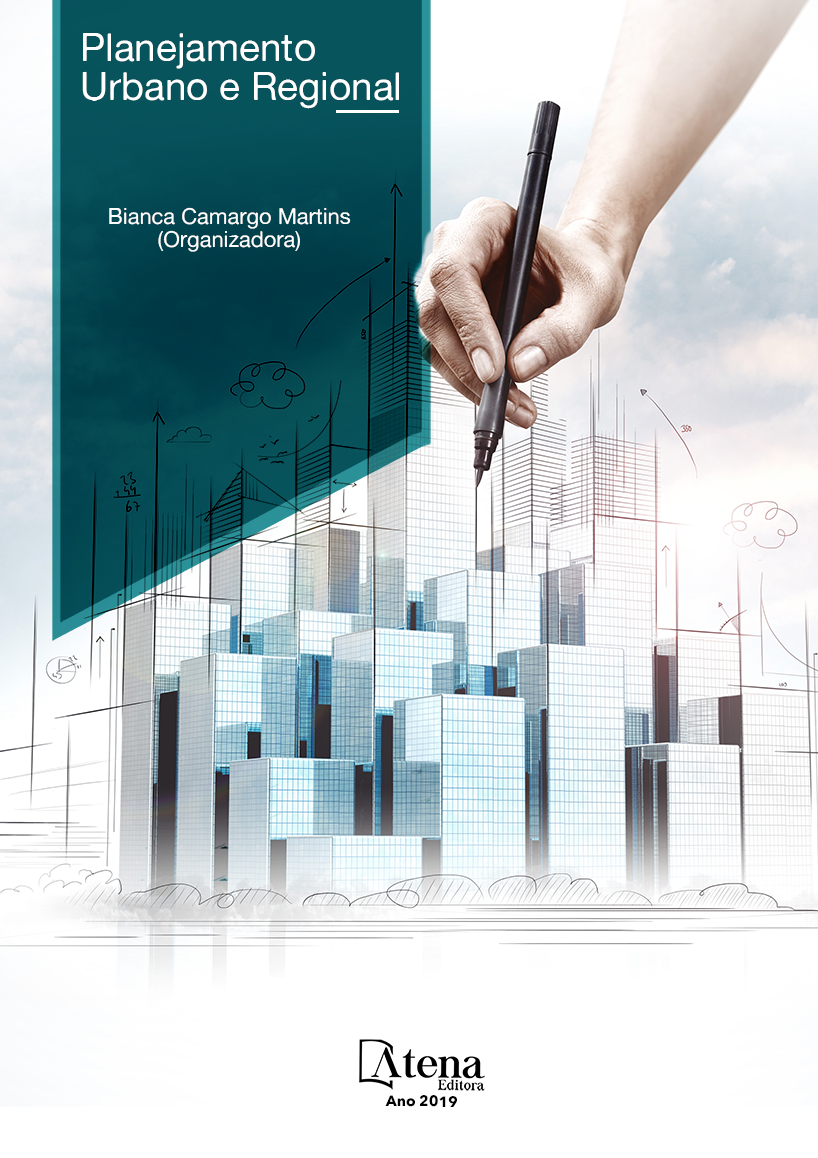
TRANSPORTE E POLÍTICAS DE OCUPAÇÃO: O DESENVOLVIMENTO DA MESORREGIÃO NORDESTE DE MATO GROSSO
A Mesorregião Nordeste de Mato
Grosso experimentou duas intervenções entre
as décadas de 1890 a 1970: a primeira com a
construção das Linhas Telegráficas de Cuiabá
ao Araguaia (1890) e, posteriormente, a Marcha
para o Oeste, iniciada em 1943 através da
Expedição Roncador-Xingu. Tais ações tiveram
como diretriz inicial a criação de infraestrutura
de transporte para desencadear a consolidação
populacional e viabilizar o desenvolvimento das
atividades produtivas. Neste sentido, objetivouse
analisar as transformações na Mesorregião
Nordeste de Mato Grosso partindo das
intervenções estatais realizadas com o contexto
histórico em que foram inseridas. Para tal, foram
utilizadas bibliografias que descrevem efeitos
de investimentos em transporte, bibliografia
histórica regional e dados do IBGE. Por fim,
os resultados encontrados evidenciam que
investimentos em infraestrutura de transporte
conjuntamente com políticas de implantação
de colônias obtiveram sucesso na consolidação
populacional.
TRANSPORTE E POLÍTICAS DE OCUPAÇÃO: O DESENVOLVIMENTO DA MESORREGIÃO NORDESTE DE MATO GROSSO
-
DOI: 10.22533/at.ed.83519050612
-
Palavras-chave: BR-158. Desenvolvimento regional. Vale do Araguaia.
-
Keywords: BR-158. Regional development. Vale do Araguaia.
-
Abstract:
The Northeastern Meso-region of
Mato Grosso experienced two state interventions
between the 1890s and 1960s: first with the
construction of the Telegraph Lines from Cuiabá
to Araguaia (1890) and, later, with the March
to The West, which began in 1943 through the
Roncador-Xingu Expedition. These interventions
had, as an initial guideline, the creation of
transportation infrastructure to trigger population
consolidation and enable the development
of productive activities. The objective of this
study is to analyze the transformations of the
northeast mesoregion of Mato Grosso, starting
from state interventions with the context in
which they were inserted. For this, bibliography was used to describe the effects of
investments in transportation, regional historical bibliography and IBGE data. Finally,
the results founded evidences that investments in transportation infrastructure along
with colonization policies were successful in population consolidation.
-
Número de páginas: 15
- Cássius Dunck Dalosto
- Antônio Pasqualetto
- Alex Sandro Pilatti
- João Augusto Dunck Dalosto


